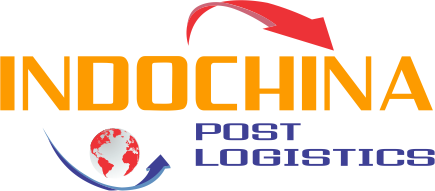ISO (International Organization for Standardization) is a non-governmental international standardization organization headquartered in Geneva, Switzerland, with 164 national standards member bodies around the world.
WHAT IS ISO?
The International Organization for Standardization is an acronym for the International Organization for Standardization. ISO’s function is to conduct research, develop, and publish international ISO standards to get things done according to the standards, such as providing International standard specifications to guarantee products, services, and systems, ensuring quality, safety, and safety efficiency. ISO standards are tools that help organizations gain trust from partners and consumers and enter global supply chains by facilitating and adding value to international trade.
The Economic Benefits of ISO
Numerous studies have found that ISO standards help businesses and the economy. Conformity to international standards helps to reassure consumers that products, systems, and organizations are safe, dependable, and environmentally friendly.
ISO Advantages for Businesses
International Standards are strategic tools and guidelines that assist businesses in addressing one of the most difficult challenges in modern business. Ascertain that such business practices are as efficient as possible, increasing productivity and assisting the company in entering new markets.
ISO standards benefit businesses in the following ways:
Reduce costs by improving systems and processes.
Improving customer satisfaction by improving safety, quality, and processes
gaining access to new markets by ensuring product and service conformity
Reduce their environmental impact.
ISO’s advantages for consumers
ISO has over 21000 standards that cover nearly every aspect of daily life.
Consumers can be confident that products and services conform to international standards because they are safe, dependable, and of high quality. ISO standards for road safety, toy safety, and medical packaging are just a few examples of how to make the world a safer place.
To ensure that the benefits of ISO international standards reach as many people as possible, ISO encourages consumer participation in the Committee on Consumer Policy’s standard development work (COPOLCO).
International standards for air, water, and soil quality, gas and radiation emissions, and product environmental aspects all help to protect the environment and people’s health.
The advantages of ISO to the government
ISO standards are based on international expertise and experience, making them an important resource for governments when developing public policy.
Opening up to global trade – Because many governments have adopted ISO international standards, incorporating them into national regulations ensures that import and export requirements are consistent around the world. world, facilitating the transfer of goods, services, and technology from one country to another.
ISO standards can also help remove barriers to global trade by providing the technical foundation for implementing political trade agreements at both the regional and international levels.

